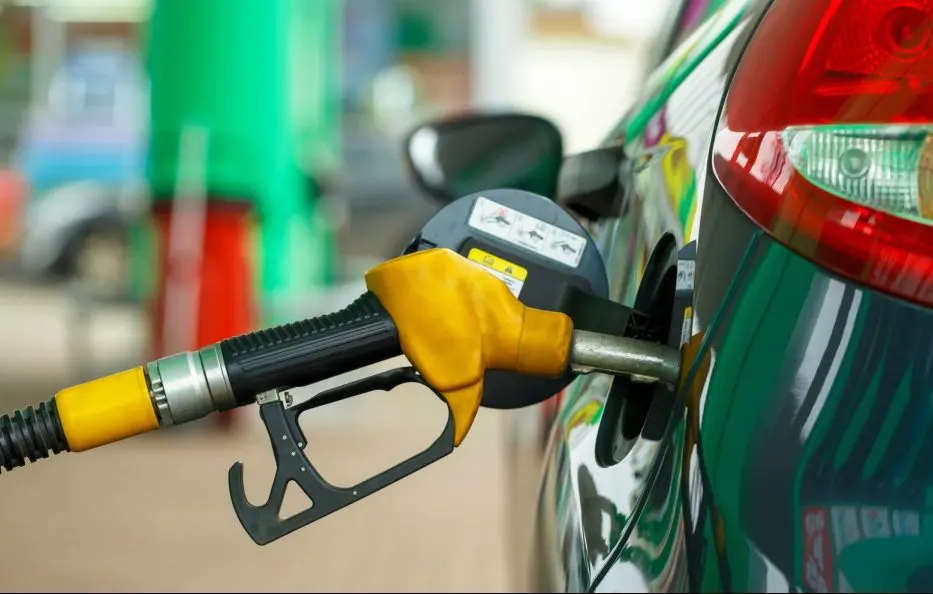
Last week, President Bola Ahmed Tinubu gave the nod for the implementation of a fresh 15 per cent import duty on petrol and diesel.
With the development, Nigerians will be left with no choice but to carry the burden when the policy takes full effect in the coming weeks.
This represents an approximately N99.72 per litre increment for imported petrol and diesel when the tariff is implemented.
According to Zacch Adedeji, the Executive Chief of the Federal Inland Revenue Service, the move, which is targeted at protecting local refineries, would lead to imported petrol pump prices of an estimated N964.72 per litre in Lagos State, up from the current price of N925.
By implication, in Abuja and other parts of the country, petrol and diesel prices are expected to increase.
The policy decision has generated mixed reactions in the last five days.
Sunday Dare, a presidential spokesperson, explained that the policy is a bridge, not a burden, on Nigerians.
He said the fresh import tariff is to reverse the dependency trend in Nigeria by encouraging local refining and boosting domestic capacity.
The Chief Executive Officer of Financial Derivatives Company Limited, Bismark Rewane, in his perspective, said the policy is good for the country because it’s targeted at encouraging local production.
The Centre for the Promotion of Private Enterprise also noted that the tariff would protect the country’s refineries, including Dangote and Nigerian National Petroleum Company Limited refineries.
However, an All Progressives Congress chieftain in Delta and businessman, Ayiri Emami, kicked against the 15 per cent import duty, noting that the burden will be passed to Nigerians.
“This kind of policy will not hurt marketers—it will hurt ordinary Nigerians,” Emani stated in his reaction to the 15 per cent import duty.
The spokesperson of the Independent Petroleum Marketers Association of Nigeria, Chinedu Ukadike, also kicked against the tariff, stressing that the move would increase the price of petrol.
In an interview with Bellnews on Monday, the Managing Partner of TENO Energy Resources Limited, Dr Tim Okon, and Publicity Secretaries of the Petroleum Technology Association of Nigeria (PETAN) and the Nigeria Labour Congress, Lucky Akhiwu and Benson Upah, respectively, revealed their perspectives on the 15 per cent input duty.
15 per cent import duty will halt long-standing dependence on imports – Okon
Speaking on the tariff policy, Dr Okon said it was designed to address Nigeria’s long-standing dependence on imported petroleum products.
According to him, the new tariff would help consolidate the impact of the Dangote Refinery in the country’s oil and gas sector.
“The 15 per cent import tariff is to address dependence on imports.
“Additional importation may not be needed with Dangote Refinery’s capacity in terms of fuel, diesel and other refined petroleum products. The move is eventually to reduce the influx of PMS in particular,” Okon explained.
According to him, one of the impacts of the policy is that it could also help generate extra government revenue if petrol importation continues despite Dangote Refinery’s output.
Okon, who doubled as former Group Executive Director of the Nigerian National Petroleum Corporation (NNPC), maintained that market forces should determine petrol pricing, adding that “if there is a market for imported petrol despite Dangote pricing, so be it.”
He stressed the importance of protecting local industries and ensuring that the Petroleum Industry Act (PIA) is fully implemented to promote fair competition.
“PIA offers the possibility of a competitive market. We need competitive supply and demand. It is important to note that the law is implemented. Nigeria is in a far better state with the Dangote refinery than when we are not,” he said.
Policy may lead to the import of cheap petrol – PETAN
On his part, Akhiwu said his only fear is that the policy could lead to the importation of cheap refined products in Nigeria.
He, however, noted that the policy is good on the grounds that it is aimed at encouraging local industries.
He confirmed that the tariff may result in petrol and diesel prices increasing when it is implemented.
“It is a good policy. My only concern is that I hope this will not lead to the importation of cheap refined products into the country.
“We cannot rule out fuel prices; however, Dangote has promised that he would increase local production,” he added.
15 fuel import tariff may backfire, resulting in price manipulation – NLC warns
Upah said the policy is good if the local refinery can meet the country’s local demand.
He, however, warned that the policy could backfire if it results in price manipulation or consumer exploitation by key players in Nigeria’s downstream sector.
“If local capacity can meet local demand without distortions or manipulations to achieve an undue business advantage at the expense of the consumer, this will be quite okay because we need to protect local industries,” Upah stated.
He warned, however, that if the tariff is used to shield monopolies or manipulate supply, Nigerians would ultimately bear the burden through higher prices.
“On the other hand, if this design is intended to guarantee local supply at the outset only for the taps to be turned off shortly after, then this will be terrible for the consumer, for it will represent a minimum of a whopping 15 percent additional tax on imported products,” he added.
Industrial data from the Nigerian Midstream and Downstream Petroleum Regulatory Authority showed that Dangote Refinery supplies 20 million litres of petrol daily out of an estimated 45 million to 50 million average daily consumption.
However, Dangote Refinery said it is currently loading over 45 litres of PMS, throwing its weight behind the 15 per cent import duty on refined petroleum products.
Currently, Nigerians buy petrol between N925 and N960 per litre in Lagos and Abuja.
NNPCL, Eterna, and AA Rano recently reduced their petrol in Abuja to N940 and N940 per litre from N950 and N955.

